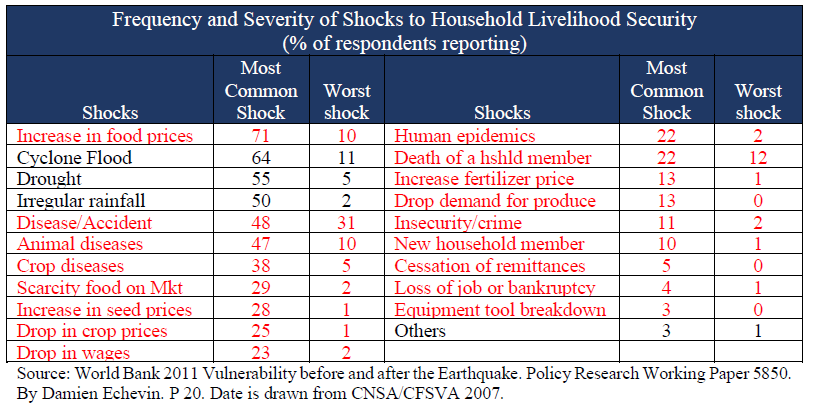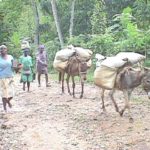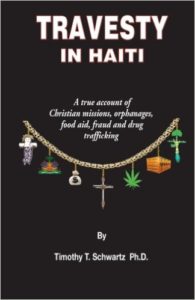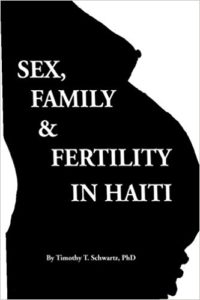Humanitarian aid agencies working in Haiti react almost exclusively to catastrophic environmental disasters such earthquake, drought, hurricane and flood. But as can be seen in the table above, far and away the most common shocks to households in Haiti are not from environmental calamities, but rather economic crises, such as increased food or agricultural prices, and crop or animal epidemics. Moreover the “worst” shocks that respondents in Haiti identify are not regional shocks but specific to households, such as accident, illness or death of a household member. Indeed, the loss of income from a mother or father who is a principal contributor of household income by virtue of work or trading activities is likely, not to simply plunge a household into the ranks of the destitute, but to lead to its dissolution altogether.
Readers may also be interested in these other topics regarding household studies in Haiti:
- Problems with Household as a Unit of Analysis in Haiti
- Haiti Anthropology Brief: Eight Questions About a Welfare System in Haiti
- Vulnerability Targeting in Haiti Report (WFP & CNSA 2015)
- Fair Wage in Haiti (Academic Version)
- Haiti Anthropology Brief: Eighteen Characteristics of Life in Rural Haiti that Every Aid Worker Should Know
- Failure of the HDVI : Beneficiary Criteria, Indicators, and PMT (Proxy Means Test) in Haiti (Human Deprivation and Vulnerability Index)
- Adapting to Hunger in Haiti: Socialization for Scarcity
NOTES
In contrast to shocks, a destitute household may become secure overnight if, for example, a family member arrives overseas or a person in the household enters into a romantic relationship with someone living in the US or Canada—increasingly common with access to internet in rural areas.
In a 10-year longitudinal study of 35,000 low-income households in five countries, illness and the debt related to it was the culprit in 69% of those cases where households slipped into, or back into, abject poverty (Krishna 2010).








